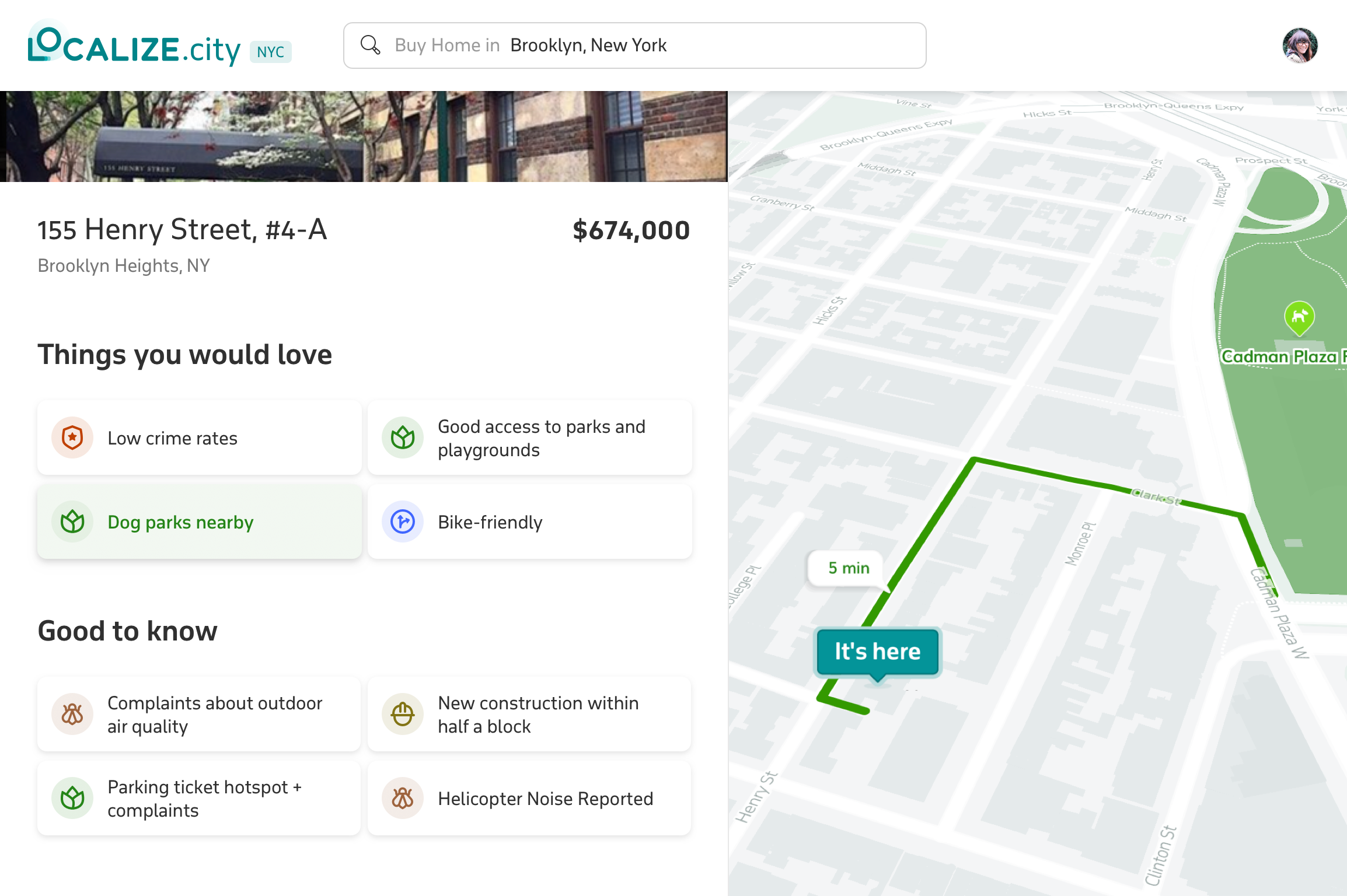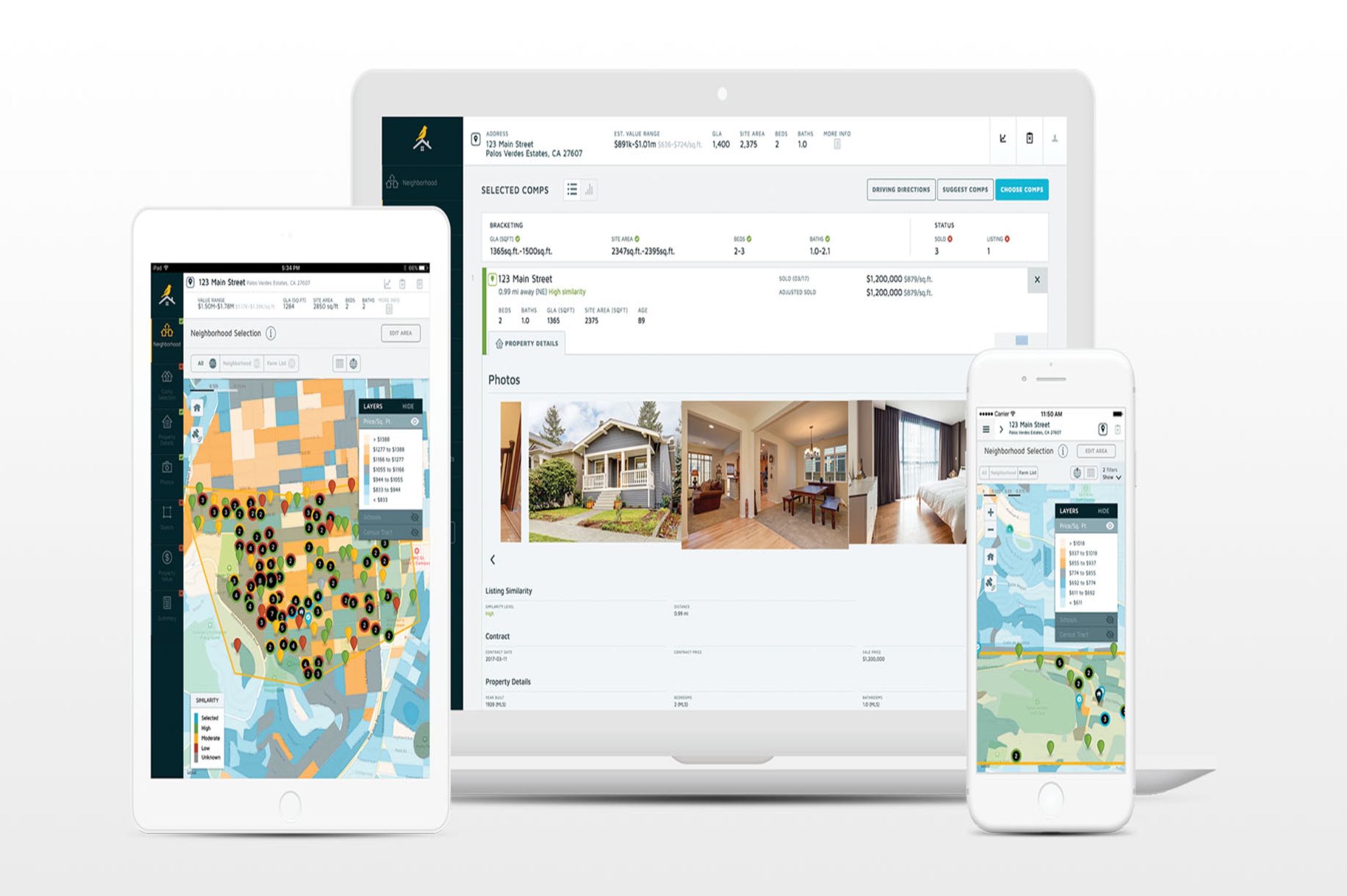By Nouran Medhat
Although artificial intelligence (AI) technologies have penetrated nearly all business sectors worldwide, it is still rather a puzzling concept for real estate players to wrap their minds around as the industry is thought to depend more on interpersonal interaction. Inevitably, this fine-tuned tactic is capable of refining and managing property developers’ day-to-day operations and activities, promising real game-changing benefits.
Generally, AI software brings the idea of the error-free world by performing human-like tasks with greater efficiency. This flexible system can continuously self-optimize performance across a broader scope by easily adapting to and learning from new conditions and data patterns.
With this in mind, Invest-Gate explores global cases of AI applications, particularly in the property industry, determining the possible hands-on merits and pitfalls of such technologies when implemented to generate well-crafted business solutions.
Global AI Application
In the real estate world, using algorithms and other complex statistical models, AI technologies process information from different sources, analyze the material instantly, and act on the insights derived from this data, resulting in definite conclusions and sound property-related decisions.
Colloquially, countless global property agents and practitioners are starting to leverage housing technology innovation by adopting “PropTech” solutions, which are powered by AI. In fact, this real estate-focused technology sees billions of dollars being pumped into it annually, in a bid to disrupt the overall sector and bring it to a modern era of investment, development, management, and lifestyle, according to US-based HousingWire Magazine.
 Zillow is one of the numerous international companies to utilize an automated valuation model (AVM) to capture the contact information of potential home dealers. Accordingly, seller leads are computed, with an error rate of no more than 2% | 
Localize is the world’s first real estate marketplace to analyze all homes in New York City by extracting insights and bottom lines from oodles of databases, even studying the seasonal-light variations, the efficiency of snow plowing, and more | 
Housecanary is an American real estate data and analytics firm that accurately values properties and predicts where prices are going in the next three years. It uses an algorithm, “which draws on 40-year-housing-sales data from across the USA,” according to its webpage |
AI adoption can be rewarding for institutional investors as well. “For example, in the case of mortgages, banks or credit companies can use this software to calculate risks and decide whether one client could pay out the asked loan or not. Using machine-learning methodologies, which excel at pattern recognition, such software processes and creates a more personalized customer experience,” Aya Mamdouh, a social-science-computing teaching assistant at Cairo University, tells Invest-Gate.
Plenty of Perks
More broadly, AI solutions offer a diverse range of benefits to all businesses including real estate, covering a wide spectrum of functions.
– Market Research: In terms of saving costs, AI-enabled tools can study and give research recommendations on the ideal location for investment. By processing big data, it can analyze, process, and predict trends as well as future directions of the local property industry to determine the market dynamics and financial frictions, ArchiStar Academy stated in a recently-published article.
– Customized Contracts: Contracts can be efficiently personalized for either customers, developers, or brokers through such tech tactics. Since language differences can influence international business negotiations, any AI-driven software can be programmed to provide machine-based translation, therefore precisely reading, understanding, and interpreting multilingual papers, according to Leverton, a global leader in data extraction and contract analytics for corporate and legal documents.
– Database Creation: AI adoption can create a database and extract the most important pieces of information from deals, hence saving time, effort, and aggravation, while eliminating the need for the tedious and error-prone human element. It also creates a data structure, which “enhances competitive advantage, precise reporting, and accurate databases,” Leverton added.
– Home Search: Several platforms enable clients to scout for residences by location, space, price, number of bedrooms, among other characteristics, using search engines that filter preferences to easily get satisfactory units. For example, Dotloop helps property agents to enhance clients’ home search, identify strong lead generation, refine transactions, and better predict market values, while also empowering real estate professionals to get deals done in one place.
– Smart Facility Management: AI software could also be linked with other technologies such as the Internet of Things (IoT) to come up with “integrated building strategies.” In the foreseeable future, these smart tools would be used in devising intelligent facility management in the fields of energy, heating, fire systems, and security, coming to evolve the current building standards and brace sustainable strategies, according to PwC’s report, dubbed “Real Estate Asset Manager Benchmarking Study 2018.”
– Customer Support: Preferences can be easily mapped toward the various properties, hence target the right clientele for each category. Intelligent chatbots in real estate tap into the recorded traffic to collect and convert leads into clients. Effectively, according to Chatbots Magazine’s “2018 State of Chatbots Report,” 69% of buyers prefer chatbots for quick communication with brands, therefore market players and developers are advised to embrace such technique to secure most possible sales.
– Useful for Architects & Contractors: AI tools can be deployed in the construction and architecture sectors, wherein a software could execute a design that makes the utmost use of a certain land or area. Simultaneously, it reduces errors of data entry to any architectural blueprint, while validating all the given numbers and equations, according to ArchiStar Academy.
Roadblocks en Route
Despite the rewards, AI technologies can give a hard time to users for the many challenges coming along with it, which are best to be taken into consideration when eyeing this method.
At the outset, AI will neither materially impact future employment, responsibilities, nor the privacy of individuals until the next two to five years. Nonetheless, with AI applications, workforce responsible for manual work, specifically administrative ones, could see intermediate levels of automation in the long run, the UK-based professional services firm PwC previously pinpointed … In short, this technology may result in job polarization, hence widen income and wealth disparities.
In spite of saving time and money, installing an AI-powered system is in itself costly. A complex software needs hardware that goes along with this complexity, not to mention the dire need for regular upgrades to keep pace with breakthroughs in that sense. Also, when it comes to data security, bugs would disable the entire system. Thus, Engel & Völkers earlier said highly-qualified specialists are required to set up and operate such softwares, owing to the complexity of these technologies.
When it comes to creativity, AI can theoretically develop the ultimate design/ template, yet it will lack the innovative/creative aspect. Besides, no business whatsoever should entirely trust an automated decision-making gadget; the human factor is critically needed at some point, the academy added.
Departure Point
With shiny new technology, it is easy to get caught up in the hype cycle and jump on the bandwagon. But, here is the million-dollar question: What will it take for AI systems to go mainstream?
“Traditional infrastructure industries, like real estate, have been shaped to a much lesser extent by high technology than other industries … To embrace AI, property leaders need a mindset shift as to what the next source of disruptive innovation will be,” Attila Toth, founder and CEO of zesty.ai, an American AI-enabled property analytics and risk platform, earlier told Disruptor Daily in September.
Jumping to the local scene, it seems like Egypt is stepping toward the adoption of AI technologies. In November, Prime Minister Mostafa Madbouly mandated the establishment of the “National Council of Artificial Intelligence,” attempting to guide and monitor the implementation of the national strategy of AI, according to a recent official statement.
As things stand, referring to all that has been illustrated, it is crystal clear that depending on AI-fueled technologies can achieve unique business advantages, particularly for the real estate sector. So, better be an early bird and seize the opportunity now!
Read more about AI technologies by reading pages 34-35 at Invest-Gate’s December issue.